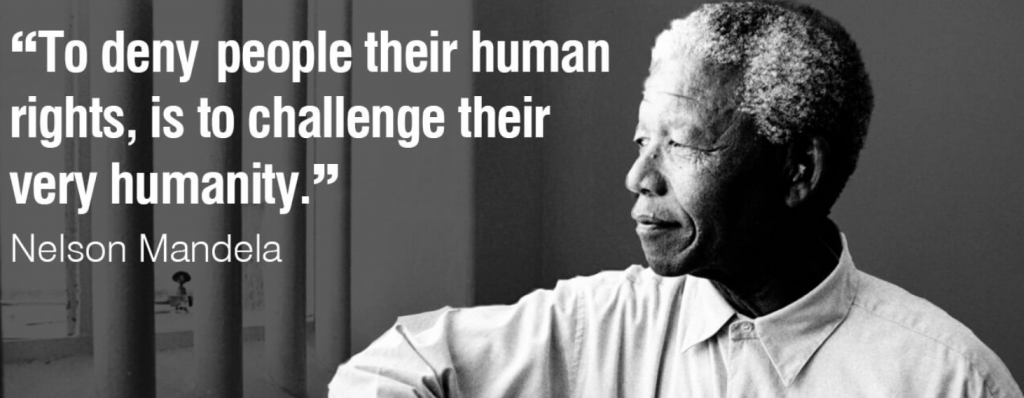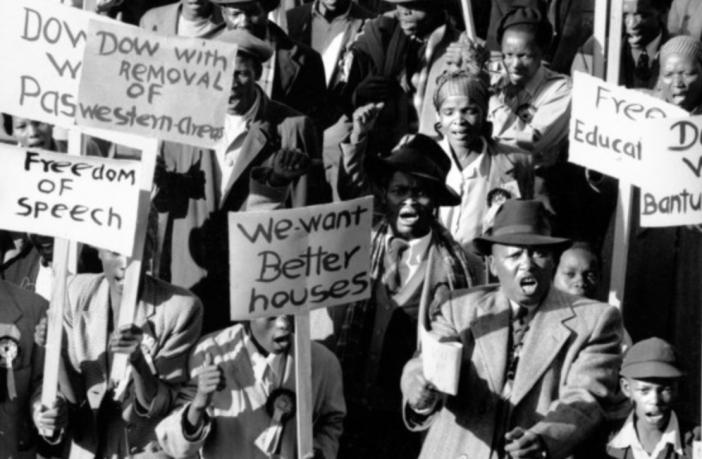Every year on the 21st of March South Africans celebrate Human Right’s Day, first declared a public holiday in 1994. But why exactly is it celebrated on this specific day? Let’s take a look at the origins and reasons we celebrate Human Right’s Day.

The Sharpeville Massacre
The first time the 21st of March was a significant day in South Africa’s political history was in 1960. On this day, 5 000 people gathered outside of a Sharpeville police station to protest the discriminatory “pass laws”. The protest was met with resistance by the police force who opened fire on the protesters. The result: 69 people were killed and a further 180 injured.
After the massacre
The deplorable event – deemed the Sharpville Massacre – sparked international attention of the inhumane nature of apartheid. Many countries imposed sanctions against South Africa. The aftermath was one of sorrow and anger, spurring parties opposed to Apartheid, such as the African National Congress (ANC), to increase their resistance efforts.
Human Right’s Day in contemporary South Africa
Human Right’s Day was officially declared a public holiday in 1994, following the inauguration of president Nelson Mandela.
This unprecedented event solidified South Africa as a democratic country. In stark contrast to the “pass laws” of the apartheid government, the new constitution guarantees the protection of individual rights. The 21st of March is also the day that United Nations recognises as the Elimination of Racial Discrimination day.



